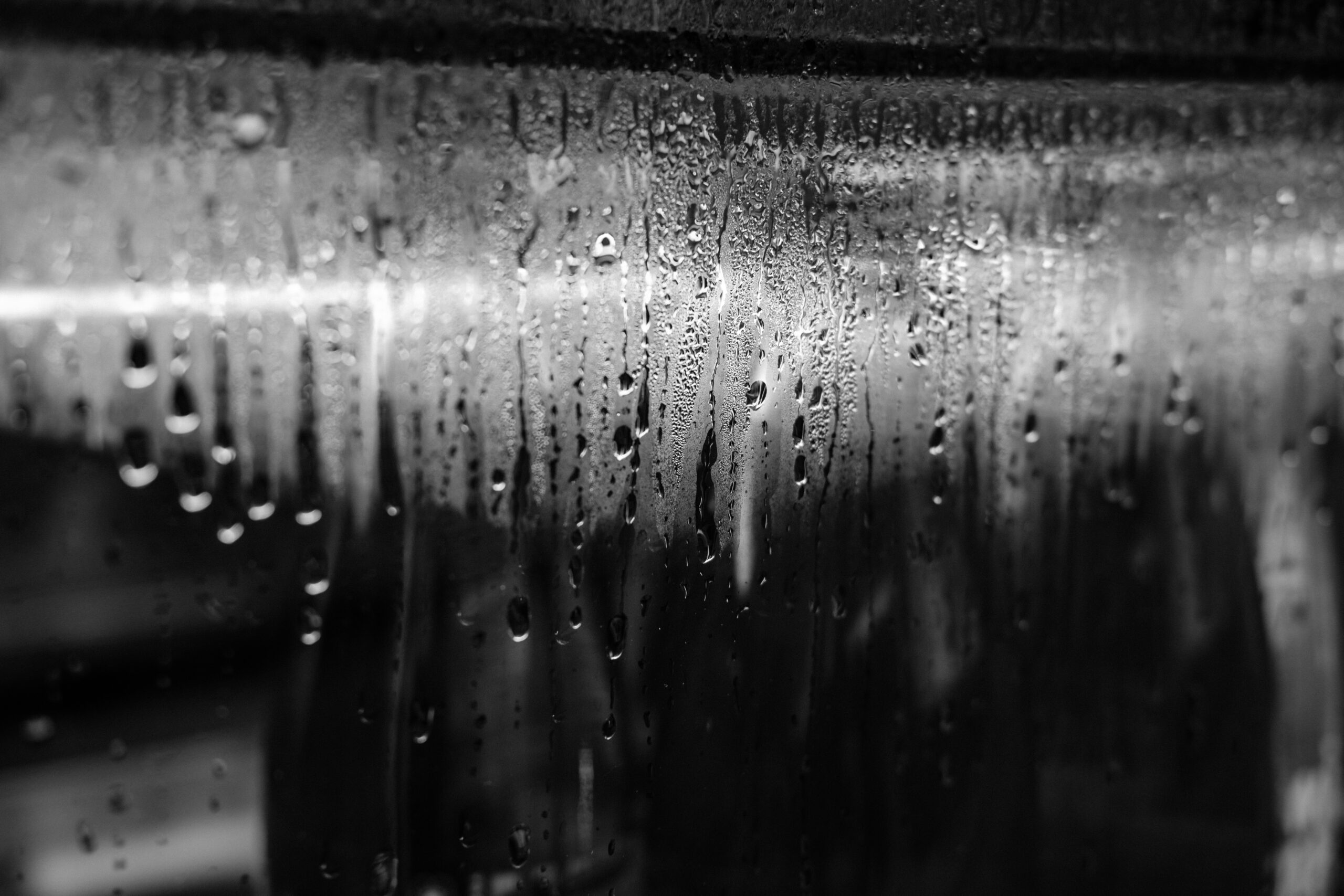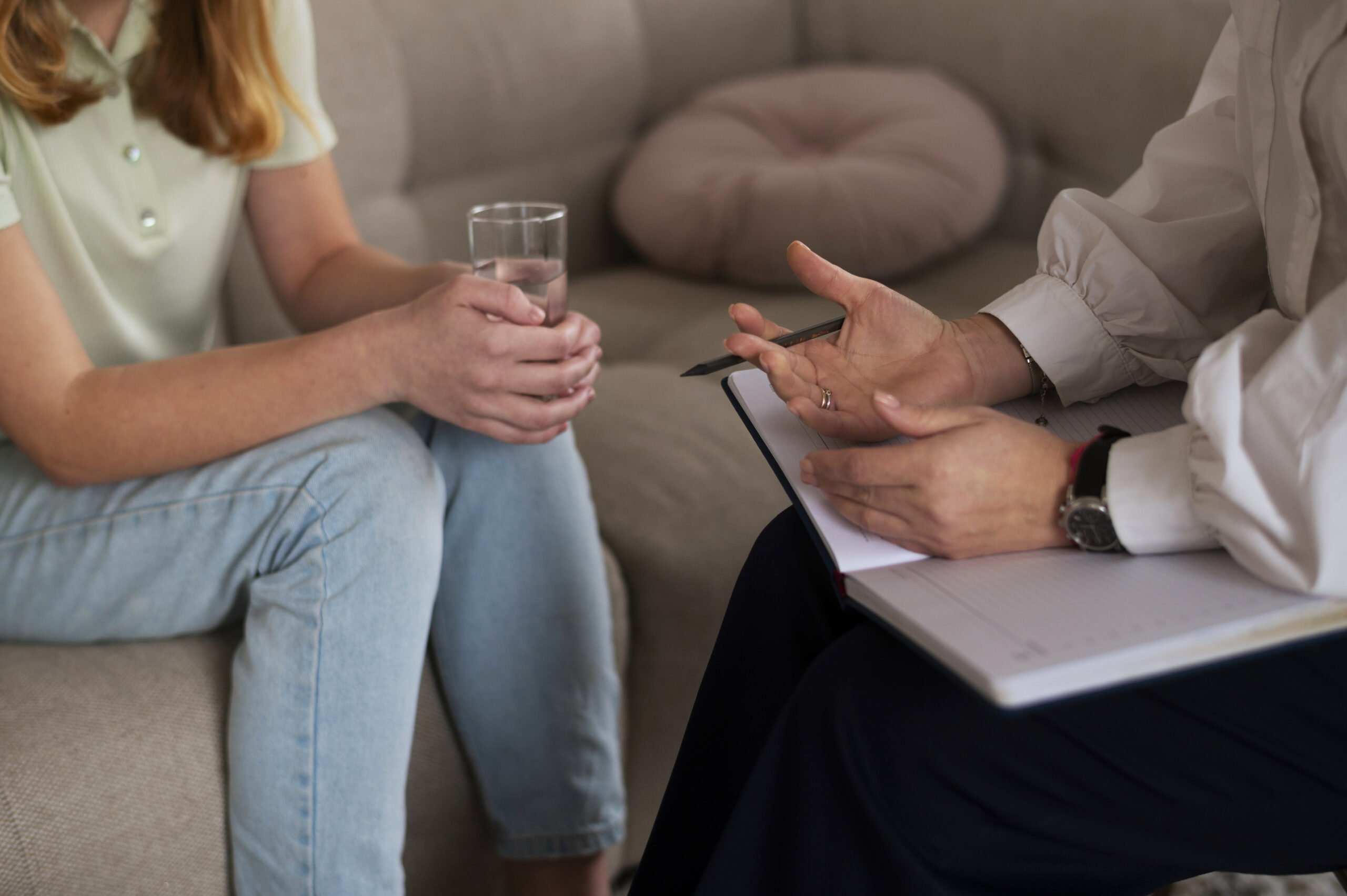Cromwood maintenance manager, Mike Weiser, explains why early intervention is critical to addressing problems with damp and mould.
It can start with sweating windows, a musty smell, and a feeling that the house never quite warms up, but over time condensation can develop into damp and mould that may damage your health, your belongings, and your home.
If problems arise (e.g. leaks, mould on the walls or around windows), please let us know immediately so that we can stop them from getting worse.
The best way to get help is to phone us and speak to one of the maintenance team. We will help as much as we can, as fast as we can. Please do not contact the local authority or pass messages through your housing support worker as this will cause delays.
Our responsibility
You have a right to live in a decent home. Recent data from the English Housing Survey showed that 3% of social housing had serious problems with condensation and mould in at least one room; 5% had issues with heating.
Homes built between 1981 and 1990 were most likely to have problems with heating.
As a responsible landlord, we aim to deal with damp and mould before they impact on your health or your ability to remain in your home. We will act on your complaints in a timely manner, keep in touch with you about progress, and do our best to ensure that the issues you’ve raised are fully resolved.
Reasons for damp and mould
There are many reasons for damp and mould including the age and design of property and problems with heating. These problems can be complex and long-running. The three main reasons for damp and mould are:
- insufficient ventilation
- leaks
- structural problems
If you have extractor fans that aren’t working properly or notice signs of damp or mould in your property, please contact us immediately. Don’t wait for it to get worse and don’t worry that you’ll be blamed. All issues will be taken seriously.
Prevention is better than cure
We plan to invest in a major insulation programme to prevent problems from occurring in the first place and will let you know when we need to access your property and what to expect in due course.
We can also offer tips on avoiding condensation in ways that don’t cost a penny (see our top 10 tips, below). For example, it helps to run the cold water first when you’re filling the bath and to dry laundry on a clothes horse in a well-ventilated room. We can also show you how to switch your heating controls from the winter to the summer setting and back again. When in doubt, talk to us.
How you can help
Our repair officers are based in different areas so that they can respond quickly. We aim to make appointments that are convenient for you. Have your phone to hand when you’re expecting a visit as we might need to ring you to gain access to your home. If you need to change an appointment, please get in touch as soon as you can.
Top 10 tips
Small acts can make a huge difference and might even save you money. Here are our top tips:
- Leave gaps between the furniture and walls so that air can circulate freely
- Shower with the bathroom door closed
- Dry clothes outside if possible
- Avoid drying clothes on radiators
- Cook with pan lids on and with the kitchen door closed
- Ventilate your property by opening windows or vents daily, even if it’s just for 5 minutes at key points in the day
- Wipe excess water from doors, windows, and windowsills as soon as you can
- Don’t overheat or underheat your home. The Energy Saving Trust recommends that you keep your home at a minimum of 15C
- Check radiators and extractor fans are working properly and let us know if there are any cold spots
- Check vents from time to time and let us know if they are blocked
Further advice
We know that lots of people reduced their energy consumption over winter due to high costs of gas and electricity and cost of living increases. If you have access to the internet, you can sign up to the Energy Saving Trust’s monthly newsletter via est.org.uk for tips on how to save money in your home.
OUT OF HOURS
For emergency help outside normal office hours, contact:
Maintenance emergency (out of hours): 0208 066 5388
Gas (Transco): 0800 111 999



